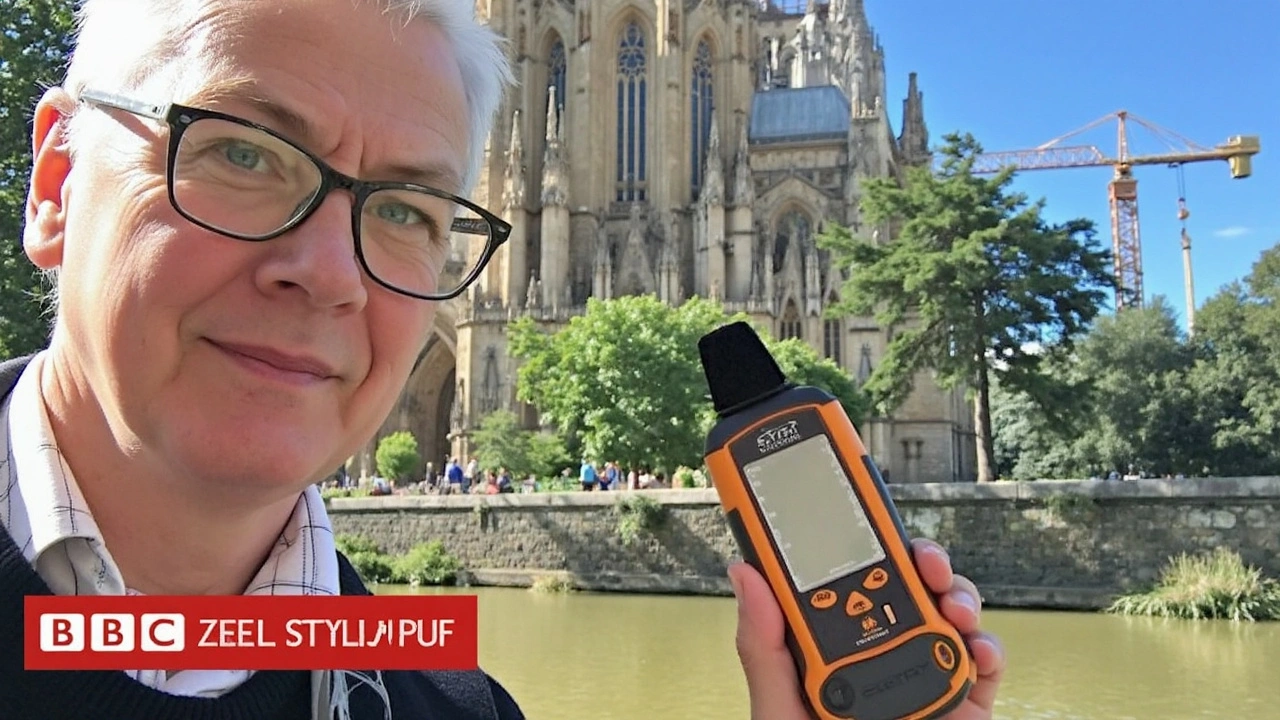Life expectancy: what it means and why it matters
Life expectancy tells you how long a newborn or a group of people are likely to live on average. It’s a snapshot of health in a place: hospitals, clean water, vaccines, jobs, safety and lifestyle all show up in that number. Want to know why some countries have higher or lower life expectancy? Read on—this explains the main reasons and gives clear things you can do right now.
Key factors that change life expectancy
Health systems. Easy access to clinics, medicines and trained staff cuts deaths from common infections and childbirth complications. Where clinics are weak, people die sooner.
Infectious diseases and vaccines. Where vaccination rates are high, child deaths fall and average lifespan rises. Outbreaks of malaria, TB or measles push life expectancy down if they aren’t controlled.
Chronic diseases. Heart disease, diabetes and some cancers shorten lives when they aren’t detected and treated early. Lifestyle and access to ongoing care matter.
Poor sanitation and unsafe water. Dirty water and open sewage lead to diarrhoea and other illnesses that hit children hardest. Improving water and toilets gives quick gains in life expectancy.
Poverty and education. People with stable income and better schooling tend to adopt healthier habits, seek care sooner, and live longer. Women’s education, in particular, strongly boosts child survival and family health.
Safety and environment. Road accidents, violence, and polluted air cut lives short. Safer roads, cleaner air and crime reduction raise the average lifespan.
Practical ways to boost life expectancy now
Get vaccinated and keep children’s shots up to date. Vaccines prevent many of the illnesses that used to kill kids and push national life expectancy down.
Know your numbers. Get regular check-ups: blood pressure, blood sugar and basic screenings can catch problems early when they’re easiest to treat.
Eat simple, real food. A diet with more vegetables, beans, whole grains and less sugary drinks helps prevent obesity, diabetes and heart disease without fancy diets or expensive supplements.
Move daily. You don’t need a gym. Walking, cycling, playing with kids or doing chores for 30 minutes a day lowers your risk of chronic illness.
Quit smoking and limit alcohol. These are two of the fastest ways to reduce your risk of early death from cancer, stroke and heart disease.
Improve home hygiene. Boil or filter water if you’re unsure about its safety. Use basic handwashing with soap, and keep food covered to avoid contamination.
Support community solutions. Push for safer roads, better local clinics and cleaner public toilets. Small civic actions—voting, joining a community group, or asking local leaders for improvements—add up.
Life expectancy isn’t fixed. With the right health services, small lifestyle changes and stronger local services, communities see real gains fast. Which of these steps could you start this week?

How Noise Pollution Can Steal Years from Our Lives
Keabetswe Monyake Mar 30 8Noise pollution is not just an urban annoyance; it can profoundly impact human health, potentially shaving years off our lives. The constant cacophony of city life contributes to stress, heart disease, and sleep disturbances. Understanding how noise can affect our well-being may lead to better habits and a longer, healthier life in our increasingly loud world.
More Detail